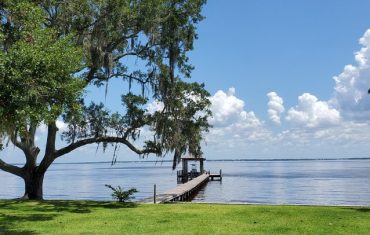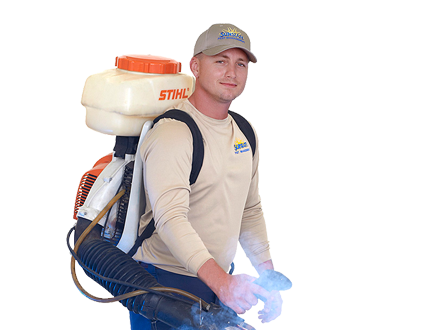

Pest problems can actually be worse the closer you live to water. There are very good reasons for this, in fact. In this article we want to briefly go over some reasons why living closer to water can increase your chances of developing a pest problem.
All animals need water to live. It acts as a body regulator on many fronts. It regulates temperature and removes waste from the organism. It also keeps cells within the body nice and plump. Living close to a water source is a need for all living animals and pests are no different.
Bugs such as mosquitoes need water to procreate. They will lay their eggs in still bodies of water. The river is not an ideal place for their eggs but any standing body of water around your home is.
The river is teaming with life. Pests need food. They will often scavenge food around the river in order to stay alive. Bugs and rodents can live on dead fish and decomposing organic matter washing up on the shore. Pests understand that as long as there is a river nearby, they will never go hungry.
The lush habitat that often grows on the banks of a river is often a great shelter area for pests. They will burrow in the weeds and mud around the shoreline. You can expect to see rodents, ants, and a plethora of roaches around a riverbank.
When the water rises, it can often drive these shoreline pests into your home. Once they establish themselves in your home, they become extremely hard to get rid of. This is when you may want to consider hiring a pest control specialist to make sure the problem is handled right.
Mosquitoes: Thrive near water; proximity to rivers increases bite risks and diseases like West Nile or Zika.
Rodents: Rats and mice are drawn to water and food, often migrating from riverbanks to human settlements.
Flies and Midges: Breed in wet areas, leading to swarms near rivers.
If you live on or near a river, you will always be fighting a battle with pests. But, if you know what you are doing and take proactive measures, you can keep these pests at bay and enjoy your life on the water.
